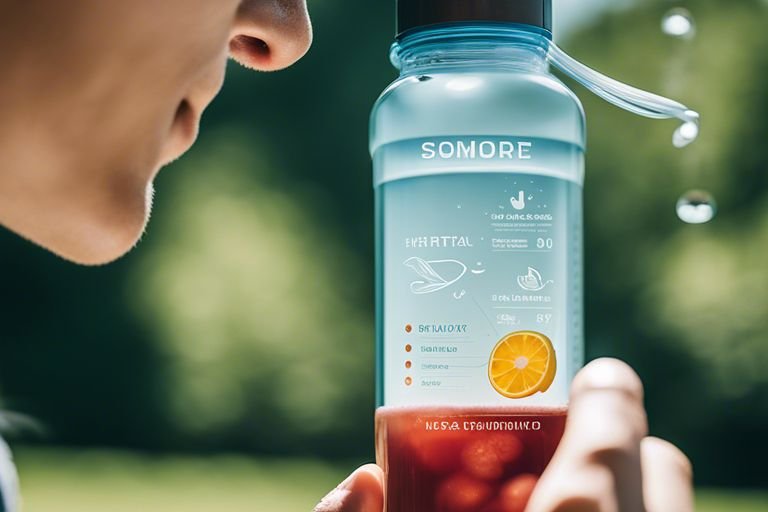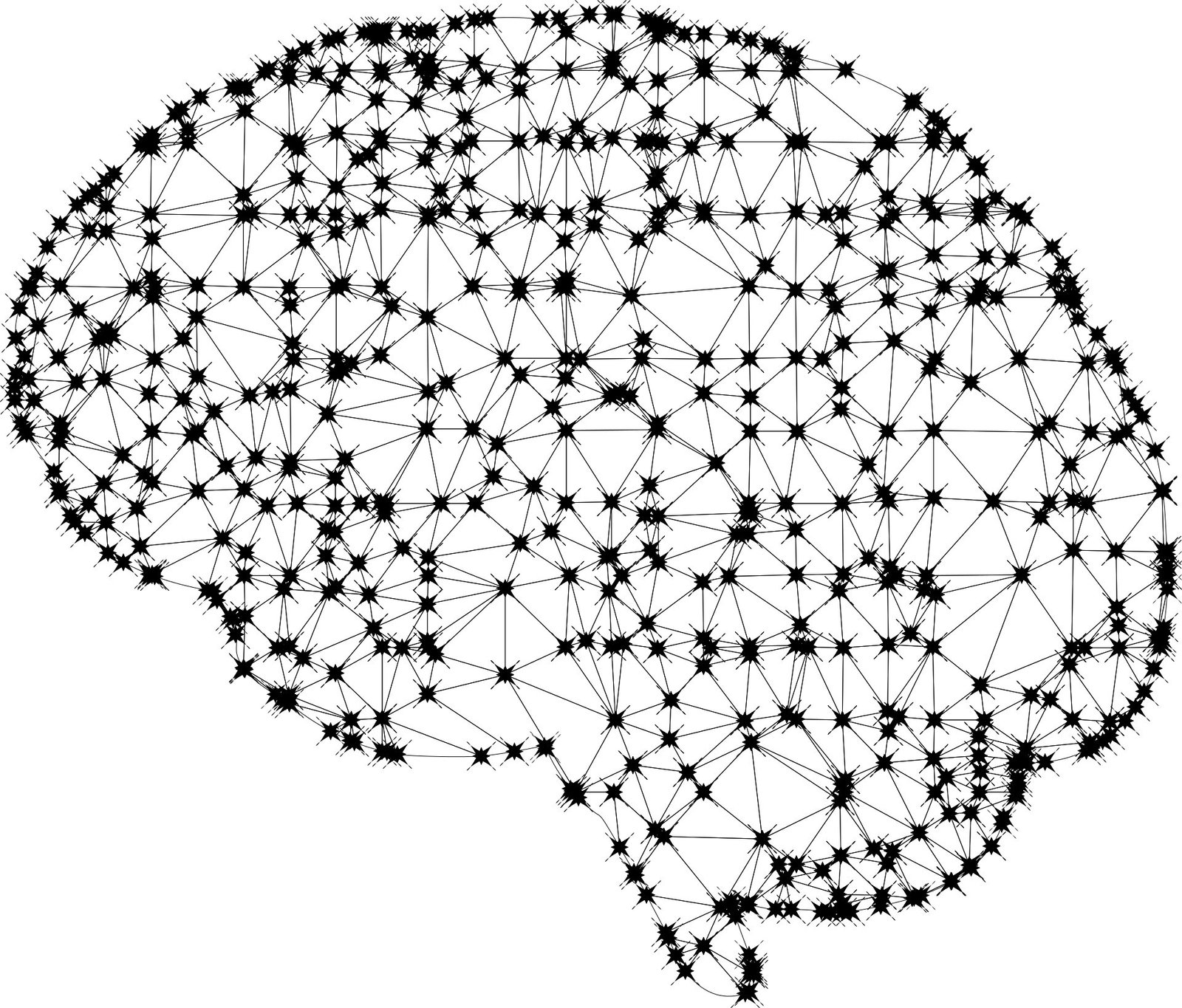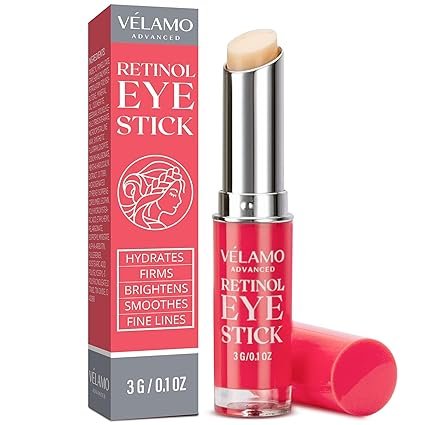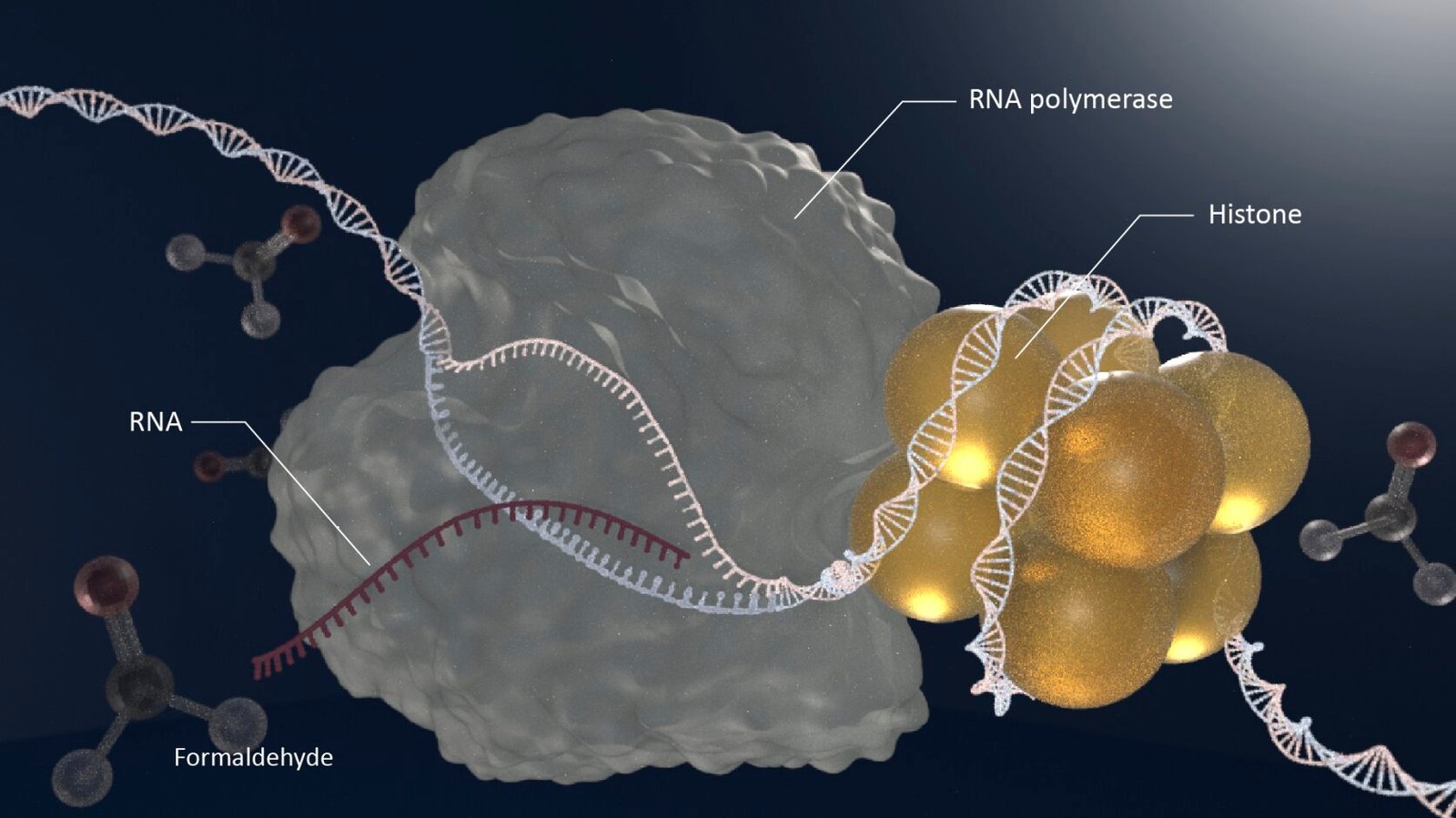Hydration is crucial for maintaining a healthy liver, as dehydration can impair its function and lead to a host of health issues. To ensure you are adequately hydrated throughout the day, follow these simple yet effective tips. Start your morning with a glass of water, carry a reusable water bottle with you, and set reminders to drink water regularly. Proper hydration can aid in digestion, flush out toxins, and keep your liver functioning optimally. Stay proactive about your hydration to promote overall liver health and well-being.
Understanding Hydration
What is Hydration?
The process of maintaining adequate fluid levels in the body is imperative for overall health and well-being. Hydration refers to the balance between the intake and output of fluids in the body.
The Role of Water in the Body
For the human body to function optimally, water plays a crucial role in various physiological processes. This includes regulating body temperature, aiding digestion, transporting nutrients, and removing waste products.
Water also acts as a lubricant for joints and protects sensitive tissues. Dehydration can lead to a range of health issues, including headaches, fatigue, and impaired cognitive function.

Factors Affecting Hydration Needs
Hydration needs can vary based on several factors, including activity level, climate, and overall health status. Hydration is influenced by physical activity, as the body loses fluids through sweat during exercise. In hot and humid conditions, individuals tend to sweat more, increasing their fluid requirements.
- Age: Children and older adults may have higher hydration needs.
- Gender: Men generally require more fluids than women.
- Health conditions: Certain medical conditions may necessitate increased fluid intake.
What you eat and drink can also impact your hydration levels. Opting for water-rich foods and limiting dehydrating beverages like alcohol and caffeine can support optimal hydration.
How to Incorporate Hydration into Your Routine
Assessing Your Current Hydration Levels
While staying hydrated is crucial for a healthy liver, it’s important to assess your current hydration levels to understand where you stand. The best way to do this is by monitoring the color of your urine. Dark yellow or amber urine indicates that you may be dehydrated, while light yellow to clear urine is a sign of proper hydration.
Tips for Increasing Water Intake
The key to a healthy liver is ensuring you drink an adequate amount of water throughout the day. To help increase your water intake, consider the following tips:
- Carry a reusable water bottle with you to make it easier to sip on water throughout the day.
- Set hourly reminders to drink water, ensuring you stay hydrated consistently.
- Flavor your water with lemon, mint, or cucumbers to make it more enjoyable.
Any small changes you make can have a significant impact on your hydration levels.
Hydration-Friendly Lifestyle Changes
Hydration is imperative for a healthy liver, and incorporating hydration-friendly lifestyle changes can make a big difference. For instance, incorporating more water-rich foods like fruits and vegetables into your diet can help increase your overall water intake. Additionally, limiting alcohol and caffeine consumption can also play a role in staying hydrated and promoting liver health.
Recognizing Dehydration and Overhydration
Many individuals underestimate the importance of staying hydrated throughout the day. To learn more about the significance of hydration, check out this informative article on 5 Steps to Stay Hydrated & Water Benefits on the Body.
Signs of Dehydration and Its Impact on the Liver
Signs of dehydration can often be subtle, but they should not be ignored as they can have a significant impact on liver function. Common symptoms include dark yellow urine, dry mouth, fatigue, and dizziness. When the body is dehydrated, the liver has to work harder to detoxify the system, which can lead to liver issues in the long run.
Understanding Overhydration: Symptoms and Prevention
One of the dangers of overhydration is that it can lead to a condition known as water intoxication, where the balance of electrolytes in the body is disrupted. This can result in symptoms such as nausea, headaches, confusion, and in severe cases, seizures. Prevent overhydration by listening to your body’s cues and only drinking water when you are thirsty.
With overhydration, it is important to monitor your water intake to ensure you are not exceeding your body’s needs. While staying properly hydrated is crucial for overall health, overhydration can be just as harmful as dehydration. By paying attention to the signs of both conditions and adjusting your water intake accordingly, you can maintain a healthy balance and support optimal liver function.
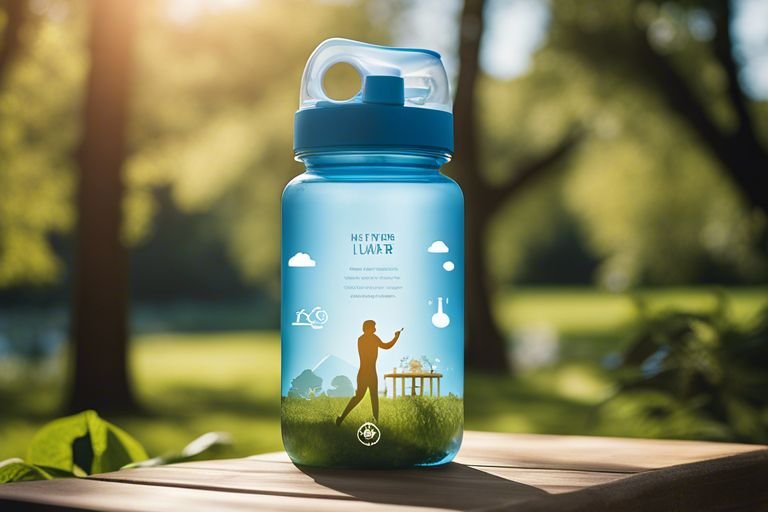
Hydration Throughout the Day
To ensure a healthy liver, it is crucial to stay hydrated throughout the day. For more tips on maintaining liver health, check out 13 Tips on How to Have a Healthy Liver.
Morning Hydration Strategies
On waking up, start your day by drinking a glass of water to kickstart your hydration. You can also consider adding a squeeze of lemon for extra detoxifying benefits. Hydrating in the morning not only replenishes fluids lost during the night but also helps jumpstart your metabolism for the day ahead.
Staying Hydrated at Work or School
An necessary strategy for staying hydrated during work or school hours is to keep a reusable water bottle at hand. Set reminders on your phone or computer to take water breaks throughout the day. Opt for water over sugary drinks to avoid unnecessary added sugars that can impact your liver health negatively.
To maintain optimal hydration levels, consider drinking water before feeling thirsty as thirst is a sign that you are already mildly dehydrated. Additionally, incorporating hydrating foods such as fruits and vegetables into your meals can also contribute to your overall fluid intake.
Hydrating During Exercise and Leisure Activities
Staying hydrated during exercise and leisure activities is crucial for performance and overall health. Always carry a water bottle with you and sip on it regularly, especially during intense workouts. For longer sessions, consider sports drinks with electrolytes to replenish lost minerals through sweat.
Strategies such as drinking water before and after physical activities, and monitoring your urine color to ensure it is pale yellow, are key to preventing dehydration and supporting your liver’s detoxification processes.
Evening Habits for Sustained Hydration
Sustained hydration is equally important in the evening. Avoid consuming large amounts of fluids right before bedtime to prevent disruptions to your sleep. Instead, focus on hydrating throughout the day so that you are not playing catch-up in the evening. A small glass of water before bed can help maintain hydration levels while ensuring a restful night’s sleep.
Another crucial tip is to limit alcohol consumption in the evening, as alcohol can dehydrate your body and put added stress on your liver. Aim to consume water alongside alcoholic beverages to counteract dehydration and its negative effects on your liver.
Additional Tips for Liver Health
Not only is hydration crucial for maintaining a healthy liver, but there are also other strategies you can incorporate into your daily routine to support liver health:
- Include antioxidant-rich foods in your diet such as fruits, vegetables, and whole grains to help protect your liver cells from damage.
- Engage in regular exercise to support overall liver function and promote detoxification processes.
- Limit your intake of alcohol and avoid processed foods high in unhealthy fats and sugars that can burden the liver.
Recognizing these additional tips and incorporating them into your lifestyle can further enhance your liver health and overall well-being.
Nutritional Factors for Liver Support
If you want to support your liver health, focusing on nutritional factors is crucial. Including foods rich in antioxidants like berries, spinach, and nuts can help protect your liver from oxidative stress and inflammation. Additionally, consuming foods high in fiber such as whole grains, fruits, and vegetables can aid in digestion and toxin elimination, promoting optimal liver function. Perceiving the impact of your diet on your liver health is a proactive step towards maintaining a healthy liver.
When to Seek Medical Advice for Liver Health
Health professionals suggest that if you experience persistent symptoms such as yellowing of the skin or eyes, persistent abdominal pain, or unexplained weight loss, it is crucial to seek medical advice promptly. Ignoring these signs could lead to complications and further liver damage. It is crucial to prioritize your liver health and seek professional guidance when needed.
Supporting your liver health is vital for overall well-being; therefore, staying vigilant and seeking medical advice when necessary can help prevent serious liver conditions and ensure early intervention if any issues arise.
Conclusion
On the whole, staying properly hydrated throughout the day is crucial for maintaining a healthy liver. By drinking an adequate amount of water and incorporating hydrating foods into your diet, you can support your liver’s function and overall well-being. Remember to listen to your body’s signals for thirst and make a conscious effort to drink water consistently. With these simple steps, you can hydrate your way to a healthy liver and enjoy the benefits of improved energy, digestion, and detoxification.

